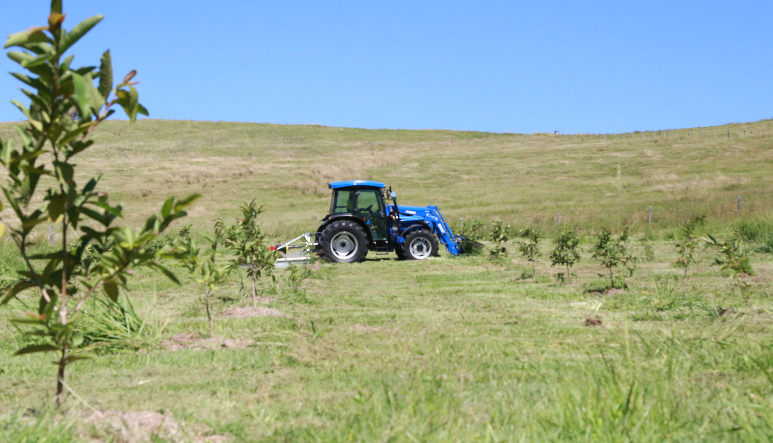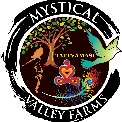Fruits And Veg

Healthy Products
Importance of Natural Farming
Several studies have reported the effectiveness of natural farming in terms of increase in production, sustainability, saving of water use, improvement in soil health and farmland ecosystem. It is considered as a cost- effective farming practices with scope for raising employment and rural development.
Natural Farming offers a solution to various problems, such as food insecurity, farmers’ distress, and health problems arising due to pesticide and fertilizer residue in food and water, global warming, climate change and natural calamities. It also has the potential to generate employment, thereby stemming the migration of rural youth. Natural Farming, as the name suggests, is the art, practice and, increasingly, the science of working with nature to achieve much more with less.
Nature: Only answer to all of these questions
Natural farming is a method in which agricultural practices are guided by natural laws. This strategy works in tandem with the natural biodiversity of each farmed area, allowing the complexity of living species, both flora, and fauna, that create each ecosystem to thrive alongside food plants.
Masanobu Fukuoka (1913–2008), a Japanese farmer and philosopher, presented natural farming as an ecological farming strategy in his 1975 book The One-Straw Revolution.
The Clear concepts of Organic and Natural Farming
Masanobu Fukuoka and Mokichi Okada developed "Natural Farming," which is "a farming approach that imitates the way of nature." It's referred to as "do-nothing farming" or "the natural approach of farming."
"Organic farming is a holistic approach that aims to maximize the production and fitness of diverse communities in the agro-ecosystem, such as soil organisms, plants, livestock, and people." The primary purpose of organic farming is to create businesses that are both sustainable and environmentally friendly."
Similarities Between Organic and Natural Farming
-
Both natural and organic farming methods are chemical-free and, to a large extent, poison-free.
-
Both systems restrict farmers from using chemical fertilizers and pesticides on plants, as well as from engaging in any other agricultural practices.
-
Farmers are encouraged to use local seed breeds and native cultivars of vegetables, cereals, legumes, as well as other crops in both farming methods.
-
Nonchemical and homemade pest control solutions are promoted by organic and natural farming methods.
Differences between Organic and Natural Farming
-
Organic fertilizers and manures, such as compost, vermicompost, and cow dung manure, are utilized and applied to farmlands in organic farming.
-
Natural farming does not use chemical or organic fertilizers on the soil. In reality, no additional nutrients are put into the soil or given to the plants.
-
Natural farming encourages the breakdown of organic matter by microorganisms and earthworms right on the soil surface, gradually adding nutrients to the soil over time.
-
Plowing, tilting, mixing manure, weeding, and other fundamental agro activities are still required in organic farming.
-
There is no plowing, no soil tilting, no fertilizers, and no weeding in natural farming, precisely as it would be in natural ecosystems.
-
Natural agriculture is an extremely low-cost farming method that completely molds with local wildlife. Organic farming is still costlier due to the necessity of bulk manures, and it has an ecological footprint on the surrounding.

